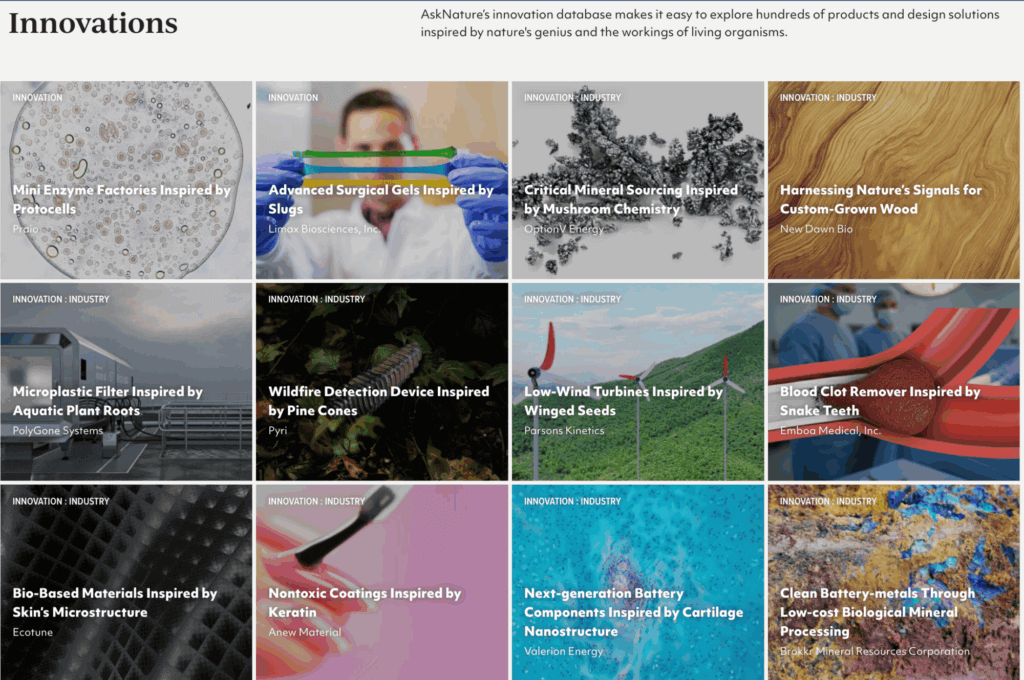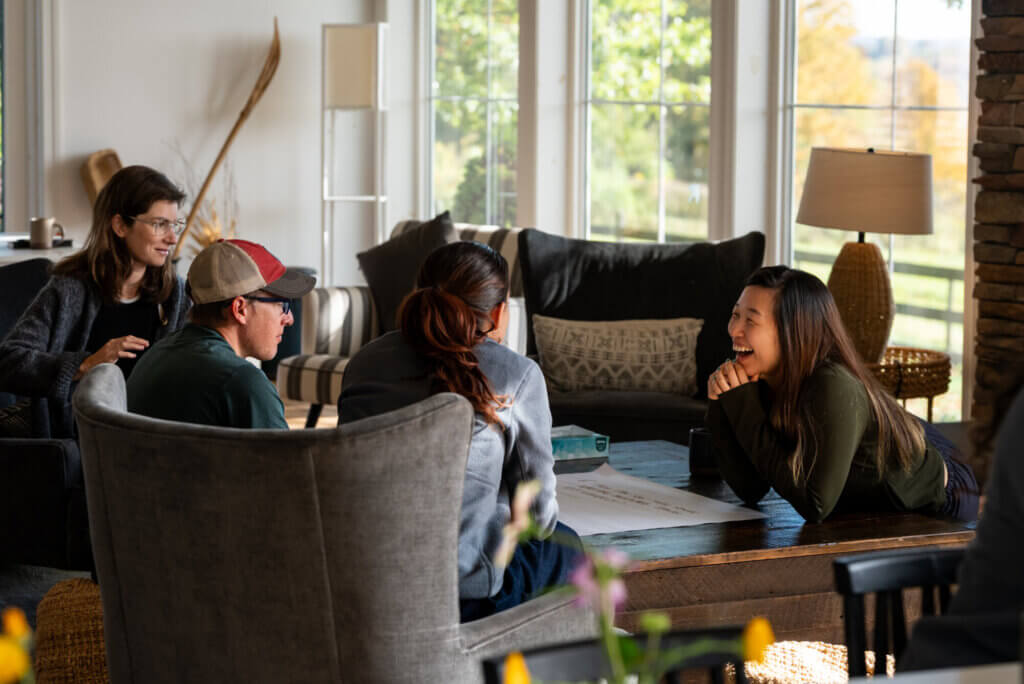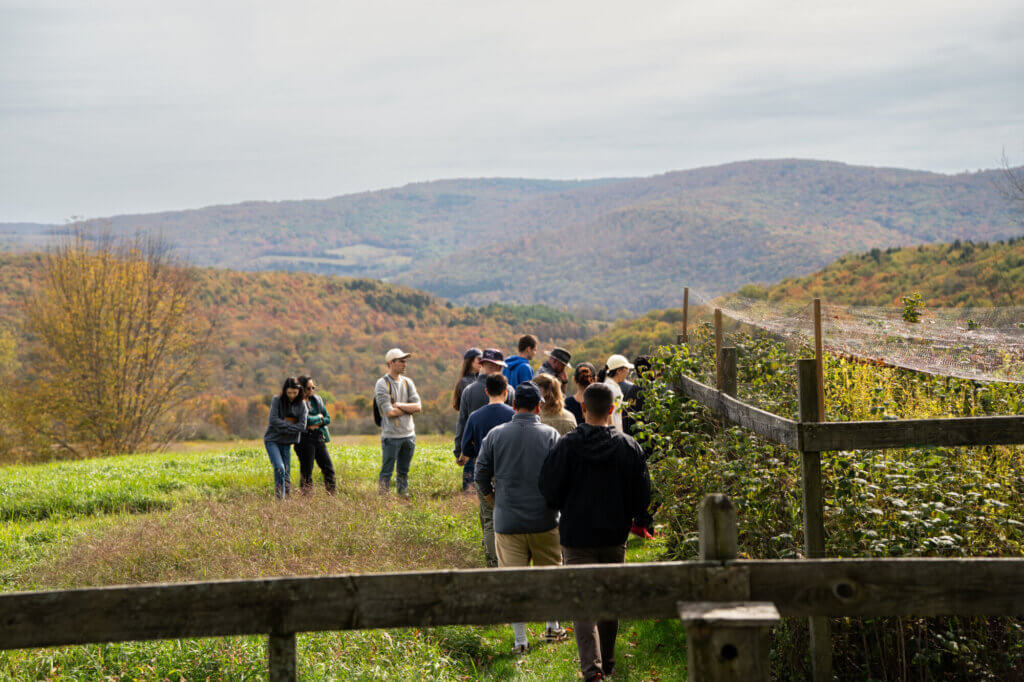The Biomimicry Institute, a not-for-profit organization focused on realizing a nature-positive, inclusive and regenerative world inspired and guided by nature’s genius, today announced the 10 startups selected to participate in the transformational Ray of Hope Accelerator. The six-month accelerator is designed to propel nature-inspired startups towards commercialization through robust training, networking, $15,000 in non-dilutive funding and over $50,000 of in-kind services.
“This year we have an incredibly diverse group of startups that reflect the Biomimicry Institute’s new disruptive and global strategy. The impact that their nature-inspired technologies can have on Climate Change and Biodiversity loss across key industry sectors, is enormous,” said Amanda Sturgeon, CEO at the Biomimicry Institute.
The 2024 cohort of the Ray of Hope accelerator are pioneering inspiring solutions through their use of biomimicry (also referred to as nature-inspired or bioinspired design). Ideas presented include developing cutting edge energy storage solutions that mimic enzymes to a platform technology inspired by the versatility of mucus, amongst others. Selected from hundreds of impressive submissions from startups around the world, the Biomimicry Institute is proud to announce the top 10 startups selected to participate in this transformational program.
The 10 selected startups include:
- AZUL Energy Inc., Japan – Creates clean catalysts for energy storage inspired by hemoglobin.
- Brokkr Mineral Resources Corporation, Canada – Harnesses electrogenic bacteria to source low-cost, high-quality nickel and cobalt.
- Cellulotech Inc., Canada – Imparts a superhydrophobic lotus effect on cellulosic products like paper, via green chemistry.
- FIBERLY, France/Argentina – Turns cellulosic textile waste into high-quality fibers, featuring a molecular structure similar to cotton.
- Gel Matter Co., USA – Develops novel hydrogels that mimic natural mucus, with functions like lubrication, adhesion and protection.
- ReefCycle LLC, USA – Grows unique bio-cement from a biomineralizing plant enzyme.
- SanaHeal Inc., USA – Creates wet binding bioadhesives inspired by barnacles and spider webs.
- Scentian Bio Limited, New Zealand – Builds disruptive sensor platforms that emulates insects’ olfactory sense.
- Soarce Inc., USA – Transforms seaweed waste into high performing and low impact chemistries, via a novel refinery process.
- Tuebor Energy Inc., USA – Develops next generation battery components inspired by cartilage nanostructure.
Selected startups will begin the six-month accelerator program in September with a networking reception during New York Climate Week, followed by an in-person nature retreat focused on community building, leadership and reconnection. Throughout the Ray of Hope accelerator program, the Biomimicry Institute will provide each startup with in-depth support, access to their deep network of corporate and investment leaders and training to accelerate the market deployment of participants’ nature-inspired solutions.
“As a Foundation, it was a privilege to have been a part of this year’s external selection committee for the Ray of Hope Accelerator. The quality of applications is testament to the growth of the programme, and also the scale at which nature-inspired changemakers are coming up with new and innovative solutions to the world’s most pressing environmental challenges. We wish to welcome and congratulate this new cohort of changemakers, and look forward to seeing their growth throughout the year,” Wayne Bruce, Chief Communications and DEI Officer at Bentley Motors, and responsible for the Bentley Environmental Foundation
The Ray of Hope program is entering its fifth year with an updated, more robust format courtesy of a new partnership with the Bentley Environmental Foundation, in addition to the support of its keystone partner the Ray C. Anderson Foundation and corporate innovation partner L’Oréal. The program has successfully supported 39 companies so far, with past participants having secured additional funding, greater awareness of their work through media, paid proof-of-concept pilot contracts with major corporations, and increased sales as a result of the program’s extensive network. Previous cohorts comprised companies from 15 different countries, were 40% female founders, and included award-winning startups like Anodyne Chemistries (Canada, 2023) Sparxell (UK, 2023) GreenPod Labs (India, 2022), Spintex Engineering (UK, 2021), ECOncrete Tech (Israel, 2020). To see a full list of the past nature-inspired startups that have completed the Ray of Hope program, click here.
For more information on the Ray of Hope Accelerator and to learn how to support it, visit biomimicry.org/innovation/accelerator/.




